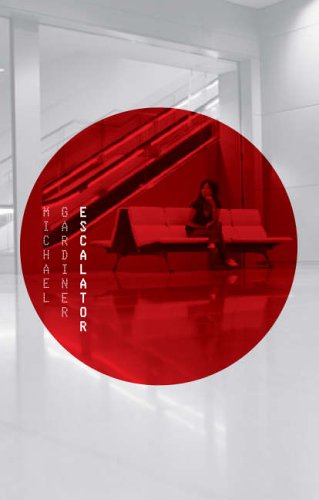There was some kid of event at Club Asia, International something, where half-hearted heretosexual pulling takes place through repetitive conversation, or even silence, to the background music of six-month-old repetitive house music played TOO QUIETLY. It was a hassle just to get there, but I�d promised Robin, and he was only here for the week, and had come armed with a damn idiot guidebook which had Shibuya all over it. When Shibuya is packed, it�s difficult even to walk.
There are two kinds of music club in Shibuya. One is like Club Asia or Sugar High, where you notice not only the perfumed whiff of the cattle market, but also that the audience are young and easily influenced. Audience is truly what they are: consumers of house-flavoured wallpaper, those who Nietzsche might have described as born to be played at and never to play. The house movement rose in Tokyo with Juliana�s, when DJs and attitudes exported from England by public schoolboys after they�d joined the English rave movement a year late. Combined with a soft synth backing, its infantile percussion came to be generically known as �trance� � and still is. Tokyo is a long way from Ibiza, when you�re sixteen. Most sixteen-year-olds in Tokyo have never been abroad.
This problem with.their old house music isn�t monotony: creatively used, the 4/4 beat moves bodies together in a rhythm shared and turning people into one human wiring, a velvet revolution. The�80s English ravers realised this. Disco and house were also revolutions, black and white musics mixed, working-class and middle-class, gay and straight. But not in the strictly apolitical main streets of Shibuya. And not on a Saturday night.
After fifteen minutes, when I turned to ask Robin if he wanted another beer, he had his back to me and was talking into the intoxicating scent of adolescent. Curlied hair was bobbing was giggling, and Robin he was believing the idiot guidebook which said something to the effect that Japanese girls were �easy�. Fuck him: let him believe it. For now he looked fine, and didn�t need me around.
Outside, the 18-year-olds who tan themselves black one month and bleach themselves white the next, watching the covers of magazines owned by corporations they�ll never get to know, queued down the road. Sometimes they expected, like Robin, to get laid � these clubs are located conveniently near Shibuya�s many love hotels. 30-year-olds in sunglasses and brown ponytails circulated amongst the queues, to sell them prescription tranquilisers dyed purple and promoted in whispers as drugs.
Assuming that Robin was fine where he was, at least until closing time when he�d probably fail to get into the girl�s flat, and then sail to find the intimacy to get that scent around him in bed, I wandered back towards the station using Shibuya�s dozens of winding pasts. I was going to the kind of club that would be called �underground�. The label for once was right, for these clubs really are underground: they can take years to find. They never appear in the mass media, and never attempt to. They�re noticed by media outside of Japan more than in their own neighourhoods. And they�re often literally underground, the rental being cheaper in basements. Flyers are circulated hand-to-hand on an irregular basis and tiny venues are hired for certain nights of the month.
So here I was wandering away from the inane pounding that should be kept to beaches in Florida, coming back down the map�s main road up to Bunkamura, through the cashmere sea of the weekend girls and the sharks who chase them, through the schoolkids who mass towards 109, the mall ringed by sitting kids � though fewer of these kids come from the city itself now that all-night Shibuya marathons have lost their shine for anyone out of high school. The ones that were here were mostly in from the suburbs to take a phone photo to prove they�d spent the night in Shibuya.
Half-way up the hill, I found a side-street indicated on the map Ryoji had penned onto a Denny�s receipt, narrow even by Shibuya standards, but marked out no doubt by certain obscure features known to those who go there. At the end of this side-street, miraculously sound-proofed and semi-dark, two floors down from pavement level, and then along another narrow concrete path, there was to be found a door without a policy, where, if you pass through, you�re asked for a flyer � then let in even if you don�t have one.
I went to what they were calling the bar, a plywood plank resting on crates, to claim the beer, canned, promised me by the flyer which I�d never taken, and went to find Ryoji. We wasn�t hard to find, since there was only room in the place, to hold about fifty people. Some sat on futons slung around the back of the dancefloor, some passed round bottles of Tequila and others passed joints. On an unraised stage, there were two men and two women, mostly known to the audience who never became audience, since all were in motion, all influencing the choice and manipulation of the tunes, and even being sampled by them, always becoming something else.
On the far left were twin decks and two boxes of records. The DJ�s playing and scratching was sampled by the first laptop on his left. On his left again, a girl responded with presets on keyboard and pitchshifter � her fingers building on the records and whatever they�d been sampled into. The last laptop provided preset percussion, as well as sampling from all of the other three to turn some of the others� melodies into rhythms, which produced the most startling effects of all.
The improvisation went on incessantly. It leaned on points of control like the record which sat on the deck: and yet, the record itself was only ever a response to the movement of persons though the place, and was twisted out of recognition, except for a signature from the vinyl, left by all the laptops in a warped signature that got inside your head. The sound rose and sank.
The sound wasn�t just a framework for our talk: it was our talk itself, when we were swallowed by the laptops. And as time passed, the players changed, as did their keenness to sample. The first to step down was the girl on laptop one, who left her equipment for anyone who wanted to use it. It was taken up by a boy of about 16 who went straight to the audience, and for fifteen minutes or so passed one phrase fed through feedback loops, distorting it till the music was a sound we�d made, yet not made. .
And as we sat and talked on the futon, our talk and our shouts were repeated, distorted, perpetually, already music before we spoke.
On the floor, people shifted from foot to foot, listening in head and body. The basslines from the vinyl were often left intact, so that they rose up through the feet and the flesh. The feel of hands created infinitely small changes on the records and the pitchshifter, changes always smaller than the smallest harmonic interval in the canon of harmony, keeping the laptops analogue. Happy laptops: I laughed. It was the tequila, or the dope. The next time I looked, the members had all changed again.
In four hours just about everyone there had been on the decks or one of the laptops. The owners of the laptops laughed when an unexpected build-up of shrillness emerged from beneath inexperienced hands. But the funniest times were when the less experienced often produced the best results of all. Surprises from half-known fingers rippled through the floor, and the DJ responding again to these ripples as all in the room created a story from one another�s memory. Such is history: the lucky ones will find it at some age, unless they graduate straight to housewife or corporate mode. The audience which was no audience tried the equipment, danced, talked. No one person was incidental. No-one was audience. In history, there is no audience.
In fact you were less audience inside the club than outside, under those mountains of neon, the logos and sharks. The club was an island out of that sea of neon control.
When I checked my phone it was half-four, but the music was still intense. Robin would either be fucking or more likely sleeping: he�d thank me for leaving him to it.
There were no trains till after five, but only a few went for the first train anyway. The girl who�d started on the second laptop had returned to her original position. She narrowed her eyes at me while I was laughing at one of Ryoji�s jokes, only half-hearing his punchline, and in a few seconds my own distorted laugh was spliced with an early �90s house riff, absurd and beautiful.
And we were the club itself. We had been as soon as we�d walked in.
I had both my hands on Ryoji�s shoulders: he had his on mine. He was trying to turn from his joke with the fudged punchline to say something else. But I still couldn�t pick it up, because of the volume of my own laughter swirling up and down through the amps.
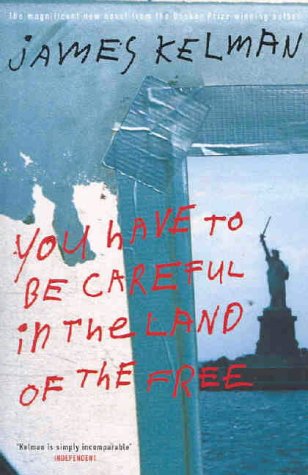 JAMES KELMAN
JAMES KELMAN VLADIMIR NABOKOV
VLADIMIR NABOKOV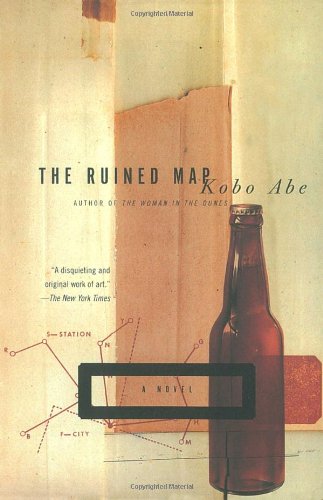 ABE KOBO
ABE KOBO FRANZ KAFKA
FRANZ KAFKA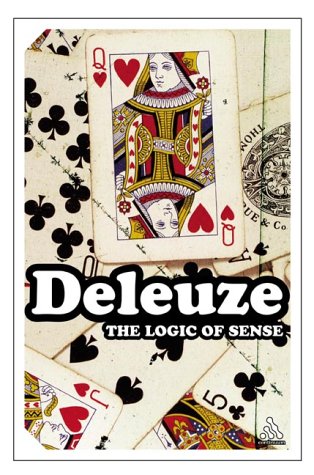 GILLES DELEUZE
GILLES DELEUZE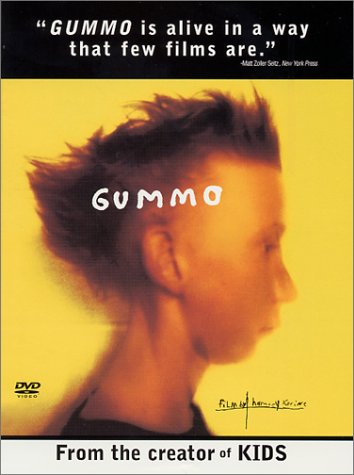 GUMMO
GUMMO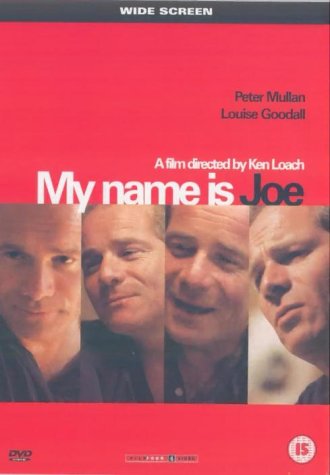 MY NAME IS JOE
MY NAME IS JOE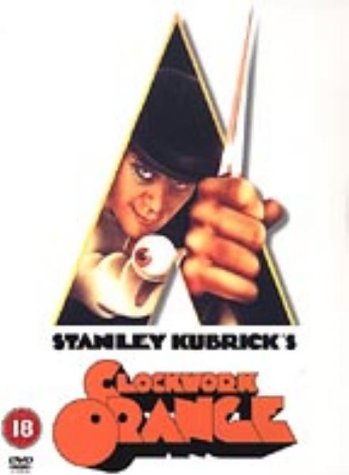 A CLOCKWORK ORANGE
A CLOCKWORK ORANGE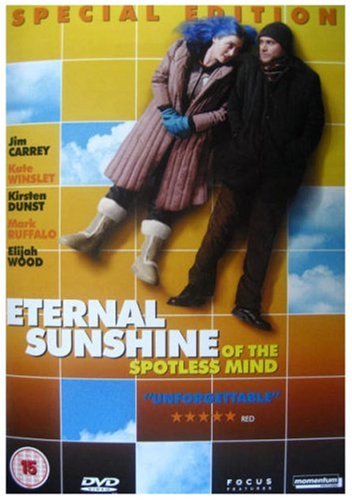 ETERNAL SUNSHINE OF THE SPOTLESS MIND
ETERNAL SUNSHINE OF THE SPOTLESS MIND INNOCENCE: GHOST IN THE SHELL 2
INNOCENCE: GHOST IN THE SHELL 2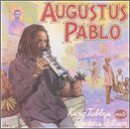 KING TUBBY MEETS ROCKERS UPTOWN
KING TUBBY MEETS ROCKERS UPTOWN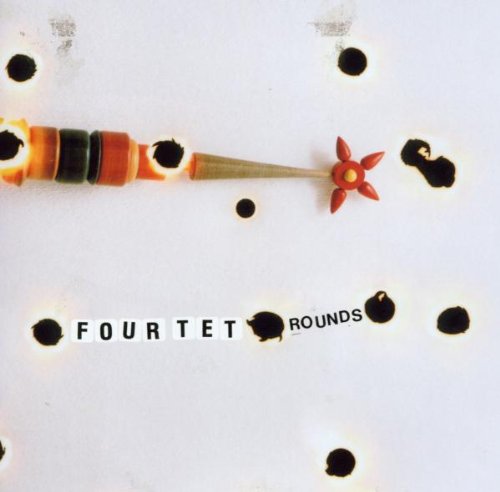 FOUR TET - Rounds
FOUR TET - Rounds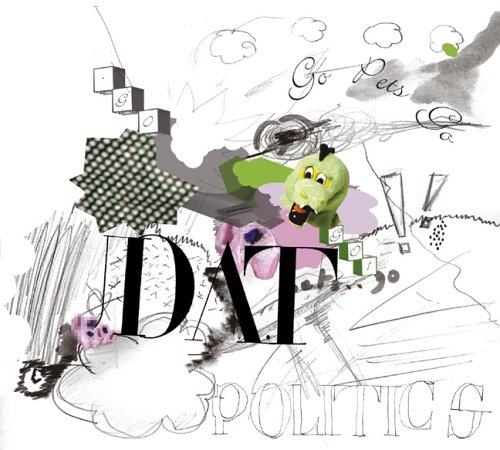 DAT POLITICS - Go Pets Go
DAT POLITICS - Go Pets Go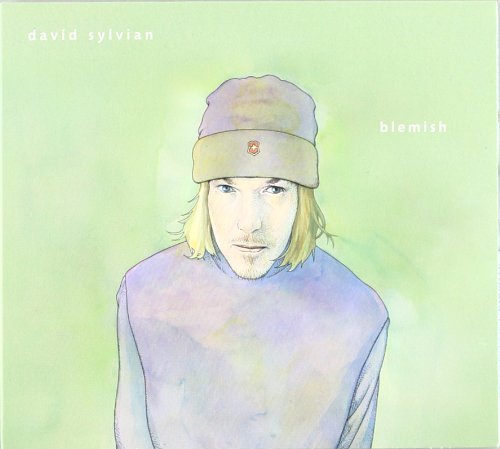 DAVID SYLVIAN - Blemish
DAVID SYLVIAN - Blemish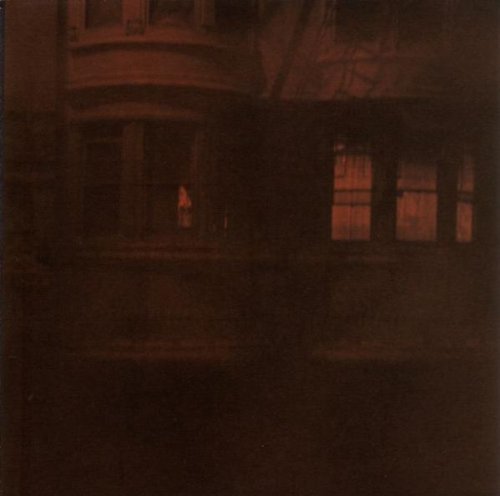 ELECTRELANE -Axes
ELECTRELANE -Axes